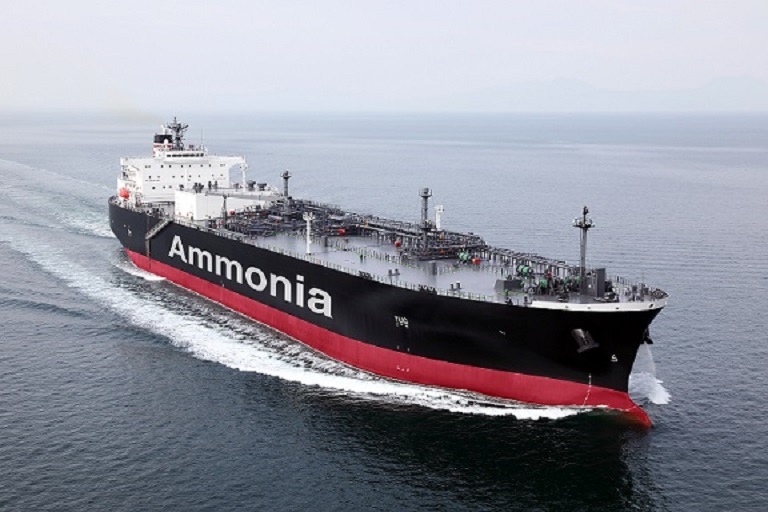Mitsubishi Corporation (MC) announced on Tuesday (Sep21) that it has reached an agreement with the Texas-based independent energy company Denbury Inc (Denbury) on the key term-sheet of CO2 transport and storage operations, via Denbury’s wholly-owned subsidiary Denbury Carbon Solutions LLC (DCS). The business is in line with MC’s aim to commence production of fuel-use ammonia (“fuel ammonia”) in the US Gulf of Mexico (“GoM”).

MC aims to produce one million tons of fuel ammonia annually in the US GoM and export to the Japanese market towards the late 2020s. The estimated CO2 volume to be captured from the ammonia facility is maximum 1.8 million metric tons per annum. Under the terms of our agreement with Denbury, the captured CO2 will be either sequestered underground via Denbury’s EOR(*1) or CCS(*2) which Denbury plans to develop in the future. The term sheet contemplates an initial period of 20 years, with the ability to extend further.
*1: Enhanced Oil Recovery
*2: Carbon dioxide Capture and Storage
In the US GoM, Denbury owns unique capabilities and assets such as CO2 Green Pipeline system that ranks among the world’s largest. The company has been active in the region for more than two decades, focusing on CO2-use EOR business. With international efforts to decarbonize picking up pace in recent years, Denbury unveiled its CCS business policy in January 2020 and launched DCS to focus on these operations.
Ammonia does not emit CO2 when burned, so expectations are that switching to its use in thermal power generation will help to reduce carbon emissions. Japan’s Ministry of Economy, Trade and Industry convened a public-private council to promote the introduction of fuel ammonia, and in February 2020 the council announced the roadmap for use of ammonia to power thermal power plants. Assumption is that Japan’s annual imports of ammonia will reach 3 million tons by 2030 and 30 million tons by 2050.
“One of MC’s goals is to introduce fuel ammonia in Japan. Through ammonia production and CCUS(*3) businesses, we are taking steps to build the fuel ammonia supply chain. Furthermore, our efforts to balance energy supply stability and decarbonization meet to MC’s overarching aim to achieve its three-value mission (*4) and sustainable growth.”
*3: Carbon dioxide Capture, Utilization and Storage
*4: Simultaneous generation of economic, societal and environmental value